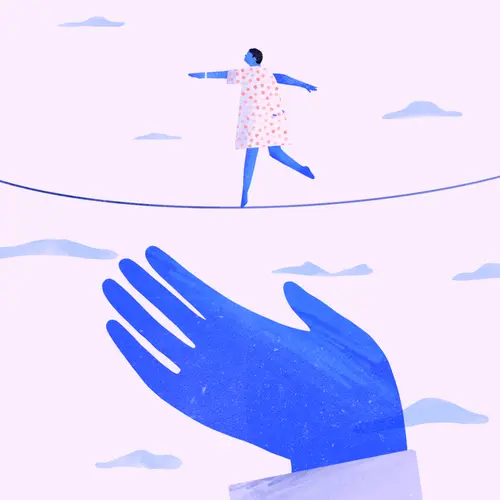Prostate cancer is usually called "advanced" if it has spread outside of the prostate gland. It may have moved to the tissues nearby, which doctors call “locally advanced.” It also could have spread to the lymph nodes, bones, or other parts of the body. Then it’s called metastatic prostate cancer.
You may have no symptoms with advanced prostate cancer. If you do have some, they typically depend on where in your body the cancer has spread. If it’s in your spine or pelvic bones, you may have lower back or hip pain, for example. You may have more general problems, too, like trouble controlling your bladder or blood in your urine. You may have lost weight, feel pain, have trouble breathing, or feel tired or weak.
Locally Advanced Prostate Cancer
For all types of cancer, the term “locally advanced” means the cancer has spread beyond the body part where it started but only to nearby tissues, organs, or lymph nodes. Your prostate is a walnut-sized gland that is below your bladder. A locally advanced prostate cancer means that the cancer cells have broken out of your prostate or moved to just outside of it.
Your doctor may refer to locally advanced prostate cancer as stage T3 or T4 prostate cancer. “Advanced cancer” usually refers to cancer that can’t be cured. But some locally advanced prostate cancers are curable.
Treating Advanced Prostate Cancer
Advanced prostate cancer has no cure, but there are many ways doctors can treat the disease to ease symptoms and help you feel better and live longer.
Hormone therapy. Hormone therapy is the most common treatment for men with this disease. Prostate cancer cells need male sex hormones to help them grow. This therapy blocks them from getting or using those hormones. This is called androgen deprivation therapy. Some treatments lower the body’s levels of testosterone and other male hormones. Other types of therapy block the way those hormones work.
Cancer vaccine. One of the newer ways to treat advanced prostate cancer is to get the body's immune system to attack the cancer cells. Doctors do this with a vaccine called sipuleucel-T (Provenge). It’s an option for men when hormone therapy isn't working anymore. The vaccine is custom-made for each man. Scientists don’t know if it slows or stops the cancer’s growth, but it does seem to help you live longer.
Chemotherapy. Chemo is another option when hormone therapy no longer works. It can slow cancer cells’ growth, and shrink tumors. You usually go to a clinic to get the drugs through an IV. You may need to get a few rounds of treatment, called cycles, with some time in between for your body to recover.
Bone pain treatment. If the cancer has spread to your bones, radiation may help ease pain. It’s a lot like getting an X-ray, but you get the treatment over a few visits to a clinic. Another drug, radium Ra 223 dichloride (Xofigo), treats advanced prostate cancer that has spread to the bones. You get it as an injection into your veins. Your doctor might also give you a type of drug called a bisphosphonate, such as zoledronic acid (Zometa),to help ease pain and prevent fractures. Denosumad (Prolia, Xgeva) can help prevent fractures and slow cancer spread to the bones.
Immune Checkpoint Inhibitors
These newer drugs can treat many cancers, including certain kinds of prostate cancer. Immune checkpoint inhibitors work by targeting proteins on immune cells called checkpoints that cancer cells rely on to evade an attack.
Examples of these drugs include:
Trying New Potential Treatments
You may also want to talk to your doctor about taking part in a clinical trial. These are studies that test treatments to see if they’re safe and if they work. They might be new drugs or a mix of treatments that haven't been used together before. You could also be part of the "control" group and not get the new treatment at all. Clinical trials offer you early access to brand new treatments, but it’s also important to remember that they may not work. You’ll want to talk with your doctor to make sure you understand the pros and cons of a research study before you join one. To find clinical trials, ask your doctor or search the National Institutes of Health database at www.clinicaltrials.gov.
At some point, your treatment may stop working. If that happens, you can still get care to ease symptoms like nausea, pain, and tiredness. Even though it may not cure your cancer, the goal is to make you feel better.

